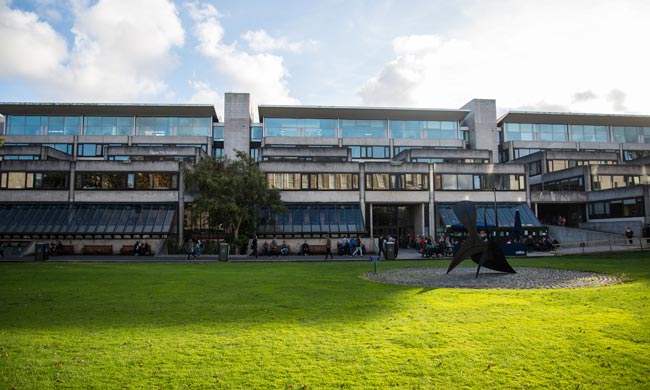Since lockdown, to think back to January is to think back to a distant world, and to predict what you are going to do next year has become a presumptuous exercise in science fiction. Our daily schedules, our jobs and, more importantly, the outfits we planned to wear to Bál Gaelach, have all been wiped off the board for an unspecified amount of time. All of this is to say that over the past few months, we have been robbed of the luxury of taking things for granted – friendships most especially.
I was not a social teenager. I was on good terms with my classmates but didn’t make many friends in the early years of secondary school. I didn’t really try to change that, preferring to find flaws in my environment than to face the fear of having to talk to and trust new people, and possibly face their judgement. I put it down to not being naturally gifted at socialising, rather than fear of practice.
This year, the knowledge that I could drift apart from school friends – and fail to make new friends if I didn’t make a conscious effort – forced me to overcome my fear of initiating contact with people. Rather than waiting around for fate to bestow friends upon me (and act like a martyr when it didn’t), I learned that I had to make an active effort to seek out friendships and to maintain them. Sometimes things went well, sometimes conversations faded away awkwardly, sometimes I left events early.
Often, people talk more when they feel out of place and don’t want it to be obvious, or because they want to steer the conversation into a realm where they won’t find themselves lost for words. In some cases, people seem confident when they’re actually just as uncomfortable as the person who hasn’t said a word all evening. Sometimes, people act more extroverted and witty because they need more external validation to be assured of their being welcome and important.
In recent months, I realised that I was comfortable not when I could initiate a conversation with a stranger or even speak in front of a group, but when I could sit with them without feeling like I needed to say something smart.
As well as allowing me to gain some perspective on ordinary life in its absence, lockdown has helped me to get in touch with people outside of my usual schedule. The suspension of the regular social structures gave me a feeling of freedom: we were not in ordinary times, so I was less anxious about whether my attempts to be sociable would transgress ordinary practice or not. I sent letters to friends, made phone calls and when the restrictions were eased, organised coffee with school friends I hadn’t seen in months.
This may all sound self-congratulatory. I do not think I will ever be the life of the party. Like most true stories, this is one of development, not of complete victory. My teenage self could have used being told that unless you’re very lucky, friends won’t simply be bestowed upon you, and you shouldn’t feel bad if you haven’t magically learned by osmosis how to meet them. It’s a process that requires practice. You may never be a virtuoso – I know I’m not – but it’s always worth the effort.







